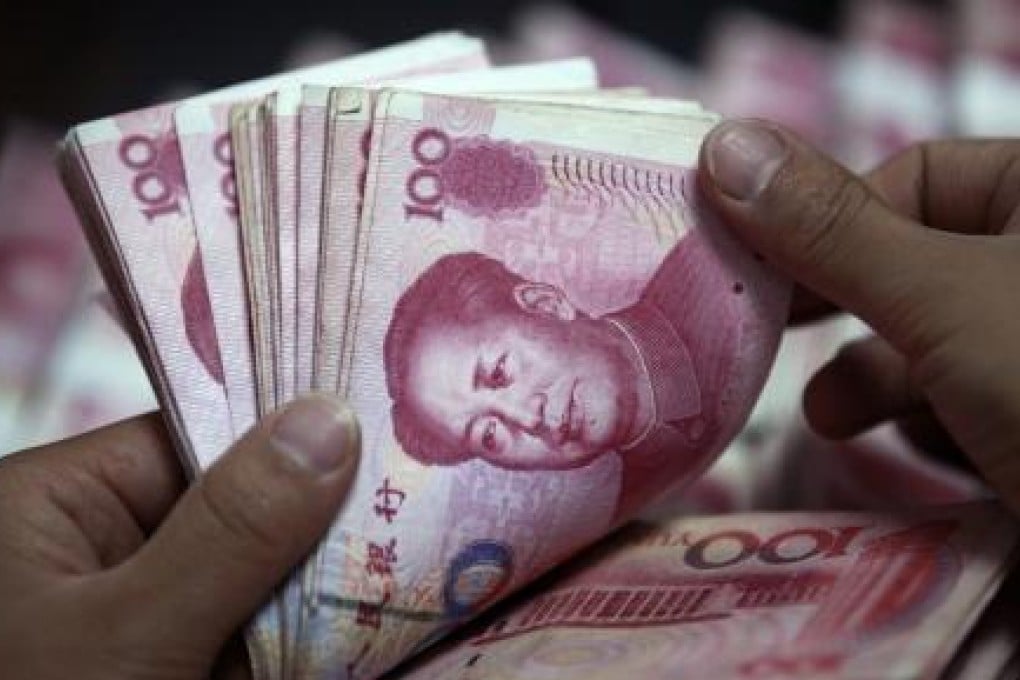Focus on domestic matters
The growth of personal wealth on the mainland and the attractions for overseas investors will see its financial sector continuing to evolve along international lines.

The growth of personal wealth on the mainland and the attractions for overseas investors will see its financial sector continuing to evolve along international lines.
However, the country's economic clout and policy outlook will determine the pace of change in areas such as market access and fund flows, exchange rates and the approval of new investment products. Interpreting the domestic agenda adds complexity for high-net-worth individuals and their advisers.
"We are relatively cautious on equity-oriented themes in China, especially recent sources of growth such as property, infrastructure and banks," says David Pinkerton, chief investment officer of Falcon Private Bank. "We see a shift occurring towards more internal consumption driven themes and believe good long-term fundamentals there will have 10-plus years of growth."
This would benefit not just suppliers and retailers of consumer staples, but also international brands, such as L'Oreal and Prada, that have tapped into the luxury end of the mainland market. More widespread wealth and an ageing population should also boost the revenue and results of companies in the health care and technology sectors. In contrast, the traditional industries which propelled China to its position as an export superpower can't expect to avoid the consequences of global slowdown. They face a "pause" of uncertain duration.
"An important point we emphasise to high-net-worth clients in China is they may have built wealth through concentration in one industry, but it is best preserved through diversification," Pinkerton says. "We encourage them to go beyond national borders, look to other emerging markets with good growth records, and have some participation in gold as a currency hedge."
For "outsiders" aiming to diversify into China, a usual recommendation is to steer away from investments, such as real estate and property, exposed to macro action and systemic policy changes. An alternative is to back initiatives which, for example, bring power and refrigeration to rural areas or allow for energy storage.
"Those are the types of company we like to invest in," says Swiss-based Pinkerton. "You have to be careful, though, about investing in a story - say solar power companies - that you come to too late and where the margins are getting compressed."
